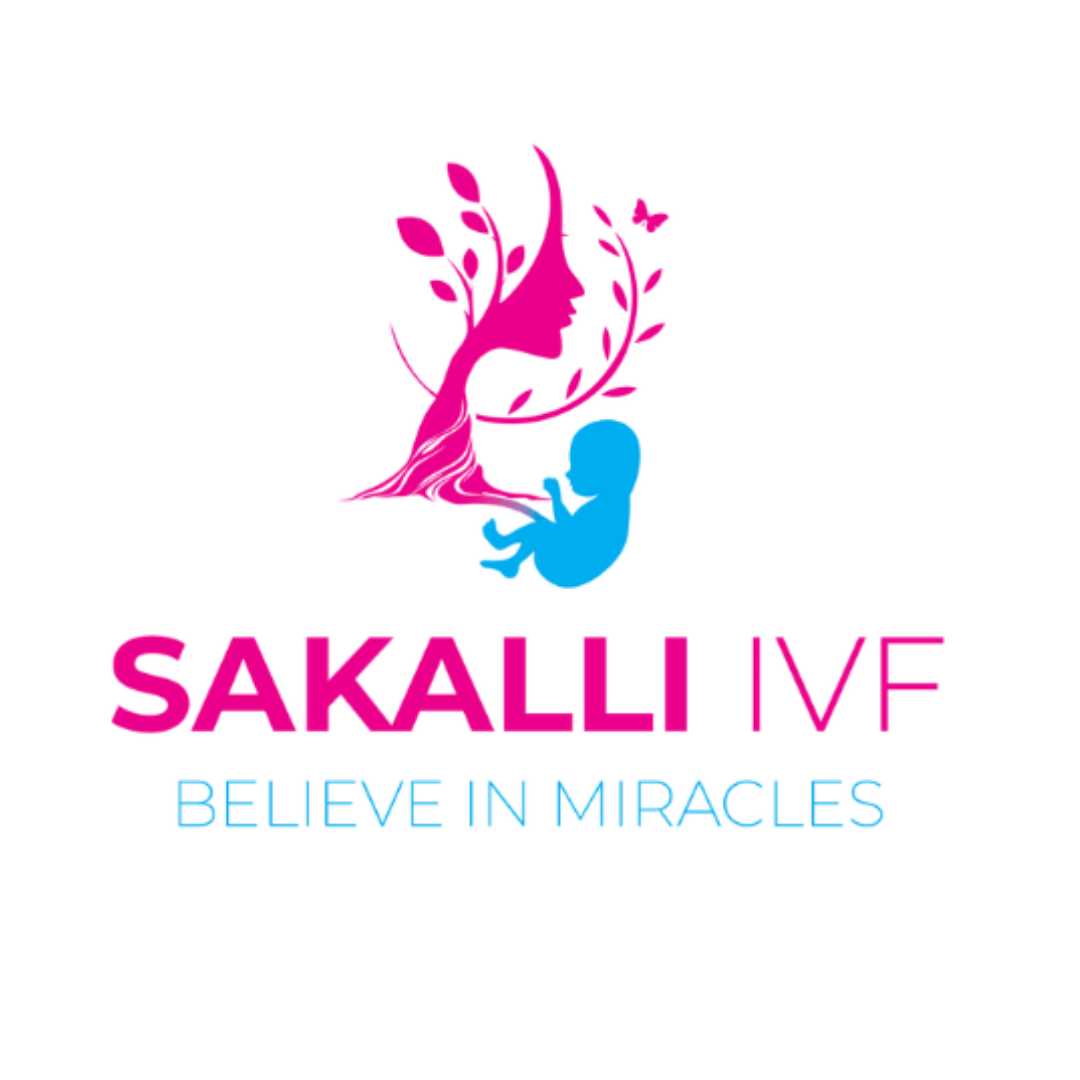-and-Next-Generation-Sequencing-(NGS)-for-Successful-IVF.png)
Preimplantation Genetic Testing
Preimplantation Genetic Test (PGT) is a state-of-the-art procedure used to identify genetic abnormalities in embryos created through in vitro fertilization (IVF) or IVF procedure. The aim of PGT is to allow your doctor to select embryos predicted not to carry a specific genetic disease or chromosomal abnormality for transfer. This test provides patients with the opportunity to reduce the likelihood of carrying a genetic disease in their future children before pregnancy.
-
PGT, during the IVF procedure, allows for the examination of embryos for a possible range of genetic problems, helping to prevent adverse situations such as implantation failure, miscarriage, and/or birth defects in the child to be born later, before the transfer of an embryo into a woman's uterus.
-
Genetic diseases screened with PGT are defined as diseases that can arise from an embryo having a missing or extra chromosome (for example, Down syndrome), single gene disorders (like sickle cell anemia), or other genetic diseases that can lead to pregnancy loss and birth defects.
What is preimplantation genetic testing (PGT) for embryos?
Preimplantation genetic testing refers to three types of tests that can be performed on embryos during IVF:
-
Preimplantation genetic screening for abnormal chromosome numbers (PGT-A)
-
Preimplantation genetic testing for monogenic diseases (PGT-M)
-
Preimplantation genetic diagnosis for known chromosomal structural abnormalities such as inversions and translocations (e.g., translocation carrier status) - structural rearrangements (PGT-SR).
Reproductive health experts recommend these tests for two main reasons. One is to determine whether embryos have genetic abnormalities, which usually result in failed implantation, miscarriage, and unsuccessful IVF. The second is to identify embryos with genetic defects that could result in the birth of a child with a genetic disorder that could cause death or hereditary diseases such as muscular dystrophy. Embryos found to have such genetic abnormalities are not transferred to the mother's womb for pregnancy. Studies have shown that genetic errors in embryos are the main reason for failed pregnancies. The three types of PGT are used in terms of preimplantation genetic screening.
1. Preimplantation Genetic Testing for Aneuploidy (PGT-A)
Preimplantation Genetic Testing for Aneuploidy PGT-A is a preimplantation genetic test analysis performed to determine whether embryo cells have the normal amount of chromosomes. Unequal division of sperm or egg cells can result in an embryo having too few or too many chromosomes.
Most people have 46 chromosomes because they receive 23 chromosomes from each parent. If an embryo or cell has a missing or extra chromosome, it is referred to as aneuploidy. Monosomy is a missing chromosome, and trisomy is an extra chromosome.
A child can survive with a type of monosomy known as Turner syndrome, which is the absence of one of the X chromosomes. A girl with Turner syndrome has only 1 normal X sex chromosome rather than the usual two. Turner syndrome is a genetic disorder exclusive to females and affects approximately 1 in every 2,000 female infants.
Furthermore, trisomy of chromosome pairs can lead to syndromes. Every cell in your body contains 23 pairs of chromosomes that usually carry genes you inherited from your parents. In a baby with Edwards syndrome, there are 3 copies of chromosome 18 instead of 2. This affects the baby's growth and development. Having 3 copies of chromosome 18 typically occurs randomly due to a change in the sperm or egg before conception. Down syndrome is observed when there is an extra 21st chromosome at birth. This typically happens by chance due to a change in the sperm or egg before conception. A baby with Down syndrome is born with extra chromosome 21 in some or all of the cells that make up their DNA. This condition is also known as Trisomy 21.
Aneuploidy is one of the primary causes of failed implantation, pregnancy, and also miscarriage, and it's also one of the main reasons for birth defects in children.
Which couples have PGT-A performed on their embryos?
-
Couples who have previously experienced a pregnancy with aneuploidy
-
Women who have had two or more miscarriages
-
Women who previously experienced failed embryo implantation
-
Women diagnosed with unexplained infertility
-
Women aged 35 and older
-
Women who have undergone numerous unsuccessful fertility treatments.
2. Preimplantation Genetic Testing for Monogenic Diseases (PGT-M)
PGT-M is a test that genetically screens embryos for monogenic diseases when it is known that one (or both) of the parents carry specific gene mutations. Genetic disorders present in one or both parents and family history can increase the likelihood of a child being born with a genetic mutation.
A disorder involving a single specific gene arises from a mutation in the DNA sequence. Such mutations can lead to diseases like cystic fibrosis or sickle cell anemia. Moreover, it can result in a hereditary genetic mutation, such as the BRCA1 and BRCA2 mutations, which can significantly elevate a woman's risk for breast and ovarian cancers.
PGT-M allows for the screening of the following genetic disorders:
-
Huntington's disease
-
Sickle cell anemia
-
Muscular dystrophy
-
Cystic fibrosis
-
BRCA1 & BRCA2 mutations
-
Fragile X syndrome
-
Tay-Sachs disease
3. Preimplantation Genetic Diagnosis - Structural Rearrangements (PGT-SR)
PGT-SR is a genetic procedure that genetically analyzes the embryos of patients known to have chromosomal structural rearrangements, such as inversions or translocations. Couples with a known structural rearrangement are at a higher risk of producing embryos that do not have the correct amount of chromosomal material. The likelihood of affected embryos resulting in a live birth is lower. Patients with these issues often experience recurrent miscarriages.
PGT-SR investigates disorders that include:
-
Robertsonian translocations
-
Reciprocal translocations
-
Non-reciprocal translocations
How Are PGT-A, PGT-SR, and PGT-M Performed on Embryos During IVF?
The two main steps of the three types of PGT are the same. The first step is embryo biopsy. The second step is the analysis of the biopsy by a laboratory to perform a genetic test on the DNA.
NGS (Next-Generation Sequencing) now identifies mosaicism in embryos
Next-Generation Sequencing (NGS) is a novel technology used for DNA and RNA sequencing and variant/mutation detection. NGS can sequence hundreds to thousands of genes or the entire genome in a short period. With NGS, it is the latest platform for PGS, performing synthesis with high yield and high-resolution sequencing. NGS is widely used for the diagnosis of sequence variants/mutations and, consequently, disease diagnosis, prognosis, treatment decisions, and patient monitoring.
Using embryo biopsy, NGS can be employed to detect the likelihood of chromosomal abnormalities using molecular evaluation with powerful computing. NGS can now identify mosaic embryos that have different ratios of normal and abnormal cells. NGS has gained popularity due to its ability to detect unbalanced translocations, segmental aneuploidies, certain triploidies, and lower levels of mosaicism compared to other techniques. This can be clinically significant as mosaic embryos have a reduced potential to result in a live birth.
At Sakalli IVF, both traditional PGT methods and advanced Next-Generation Sequencing (NGS) technologies are available to provide comprehensive and personalized care. Our team offers expert guidance in selecting the most suitable method based on your unique fertility needs and medical background, maximizing your chances for a healthy pregnancy and baby.
Frequently Asked Questions (FAQs)
What is the difference between PGT-A, PGT-M, and PGT-SR?
-
PGT-A focuses on detecting chromosomal abnormalities, such as Down syndrome or Turner syndrome.
-
PGT-M targets single-gene disorders like cystic fibrosis or sickle cell anemia.
-
PGT-SR is used when structural chromosomal abnormalities, such as inversions or translocations, are known.
Can PGT testing guarantee a healthy baby?
PGT reduces the risk of passing on genetic disorders but cannot guarantee a completely healthy baby. It helps improve the chances by selecting embryos with fewer genetic issues.
How is NGS different from traditional genetic testing?
NGS is more advanced and allows for sequencing a large number of genes or the entire genome at once. This makes it more accurate and efficient at detecting mosaicism and subtle genetic mutations compared to traditional methods.
Is PGT testing suitable for everyone?
PGT is especially recommended for individuals with a known family history of genetic disorders, recurrent miscarriages, or advanced maternal age. It is also an option for couples who have struggled with multiple failed IVF attempts.
What happens if an embryo is found to have genetic abnormalities?
If an embryo shows genetic abnormalities during PGT, it will not be transferred into the uterus. This helps prevent the birth of a child with severe genetic conditions or chromosomal abnormalities.
Get a Personalized Advice Today
If you're considering IVF with genetic screening, don’t wait to take the next step in ensuring a healthy pregnancy. Contact Sakalli IVF today to explore our PGT and NGS options and get personalized advice on the best approach for you!


.png)


.png)
.png)
.png)
.png)

.png)

.png)




Share this listing